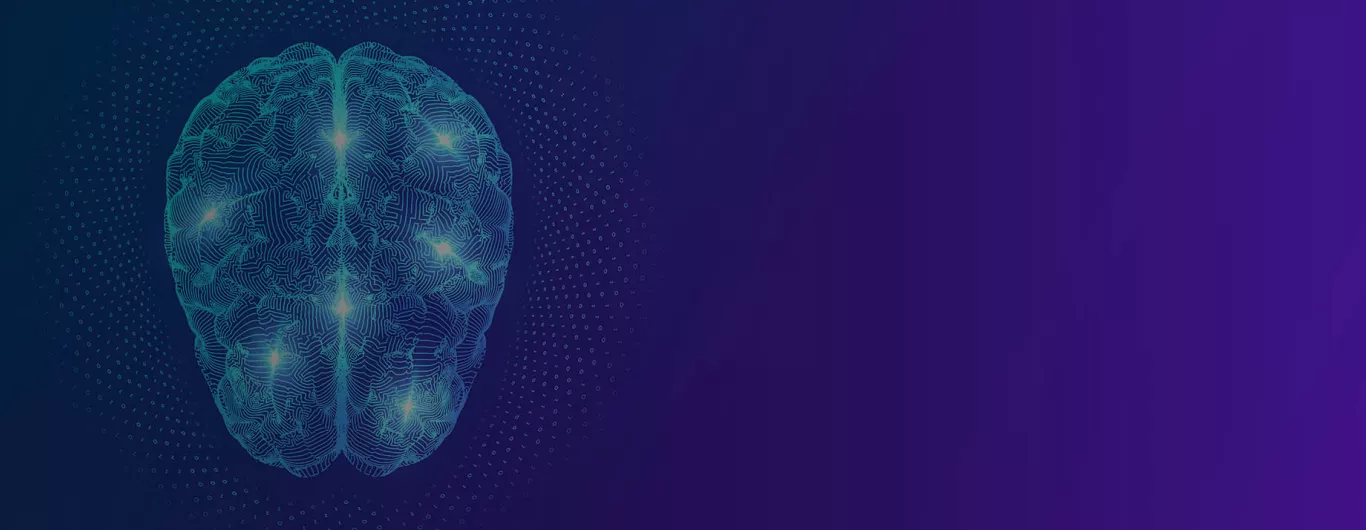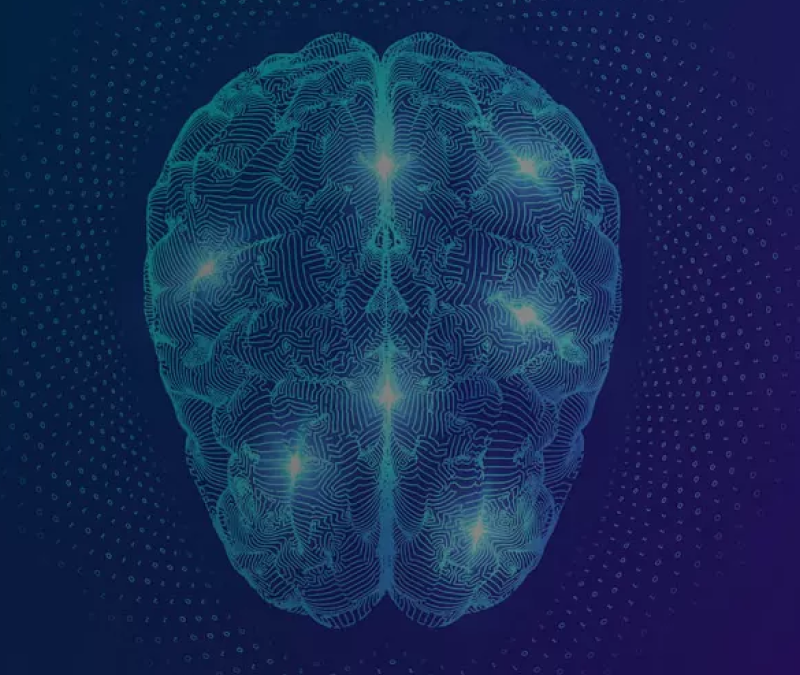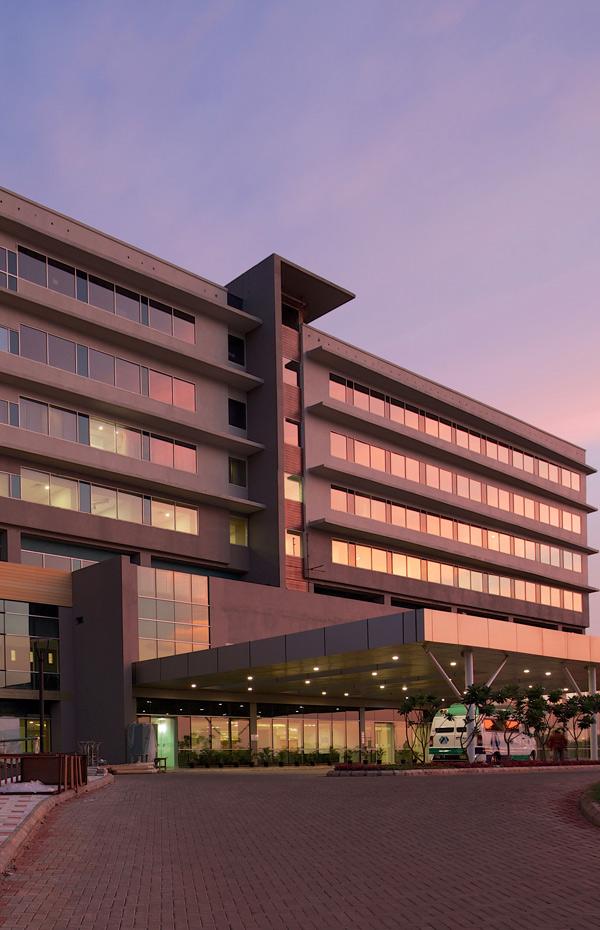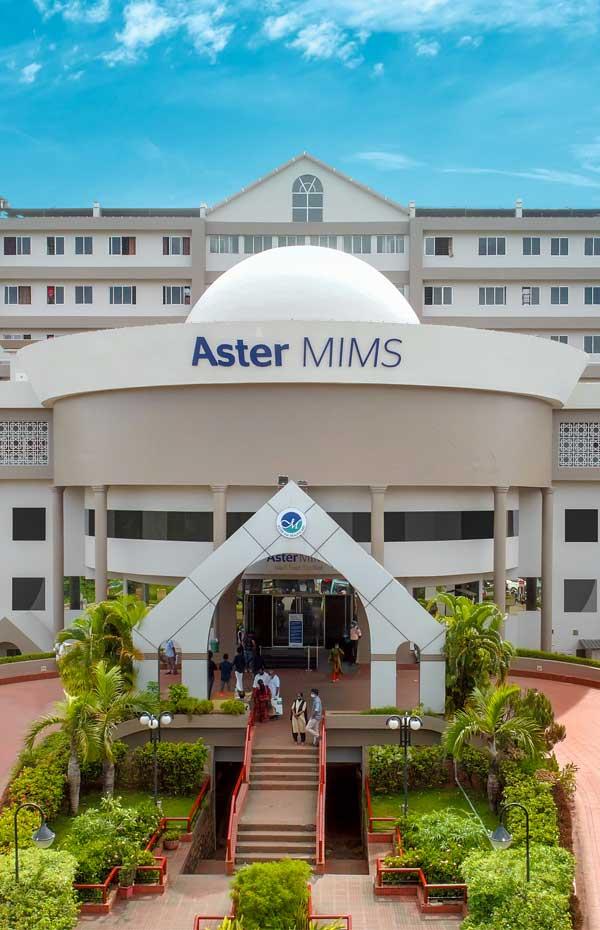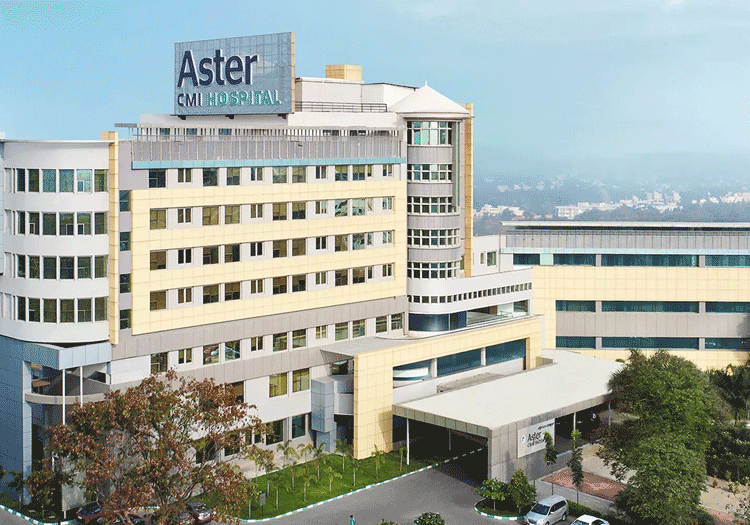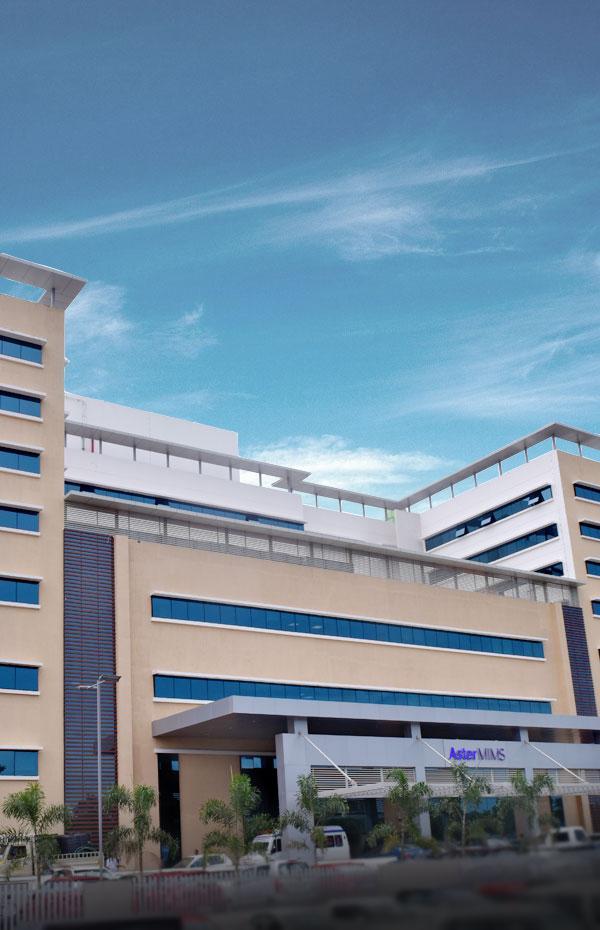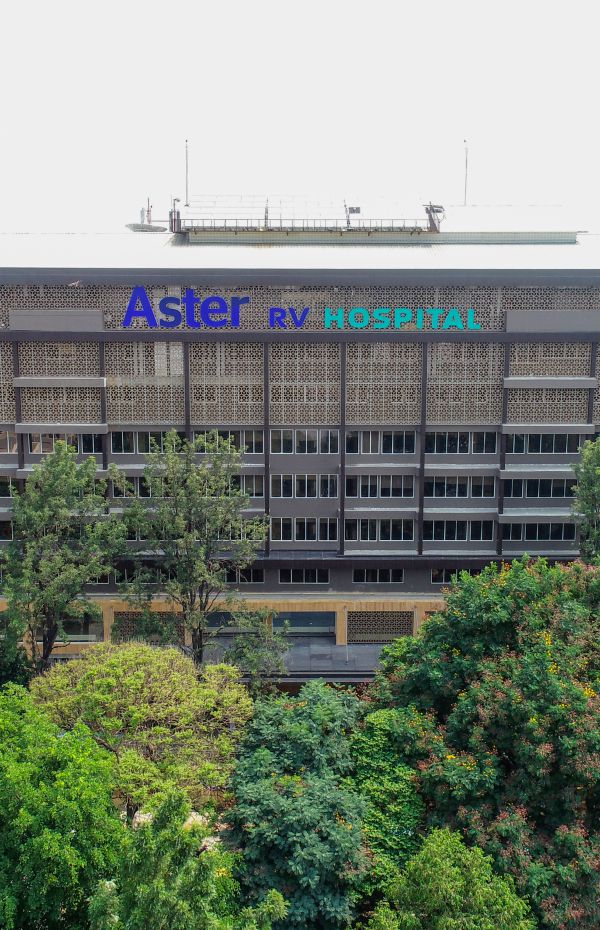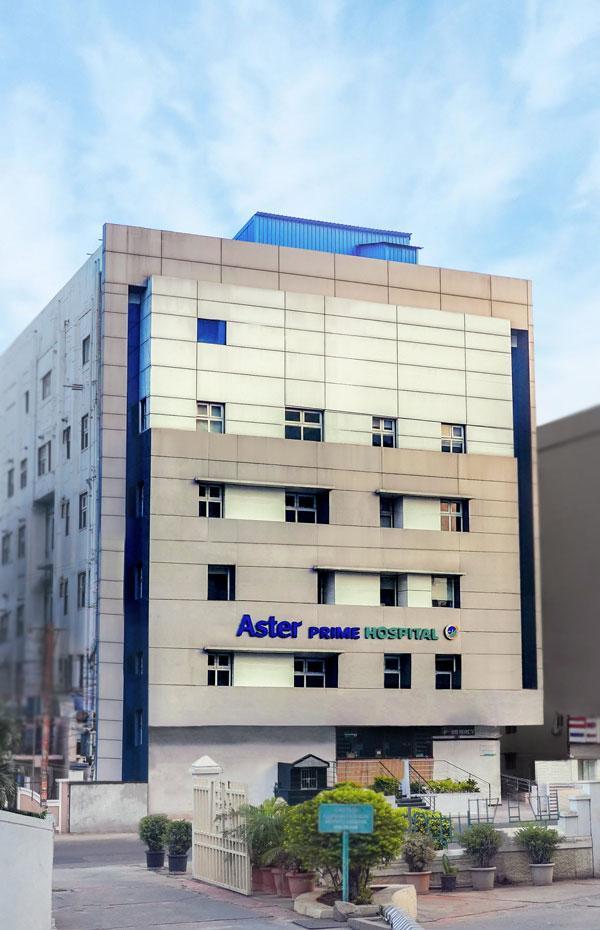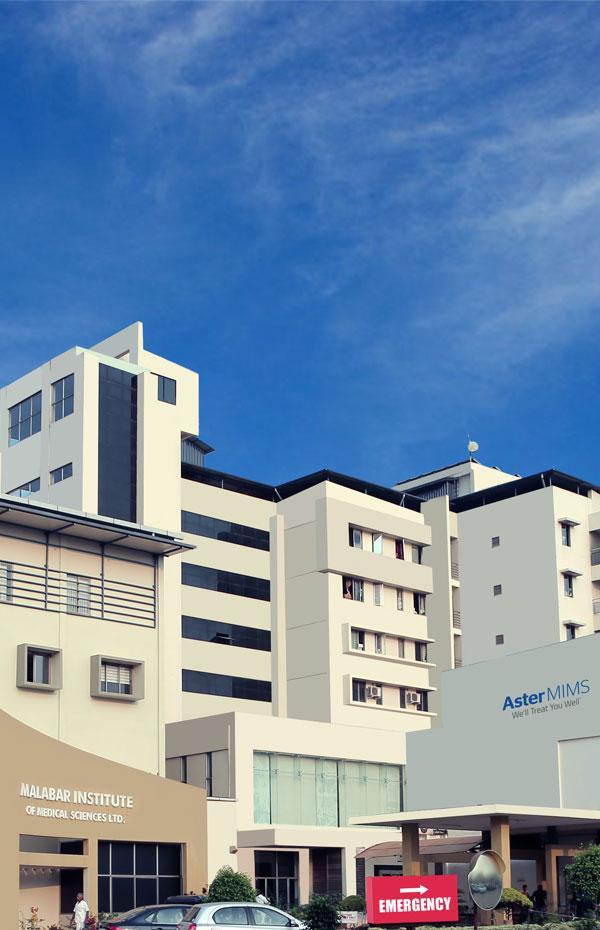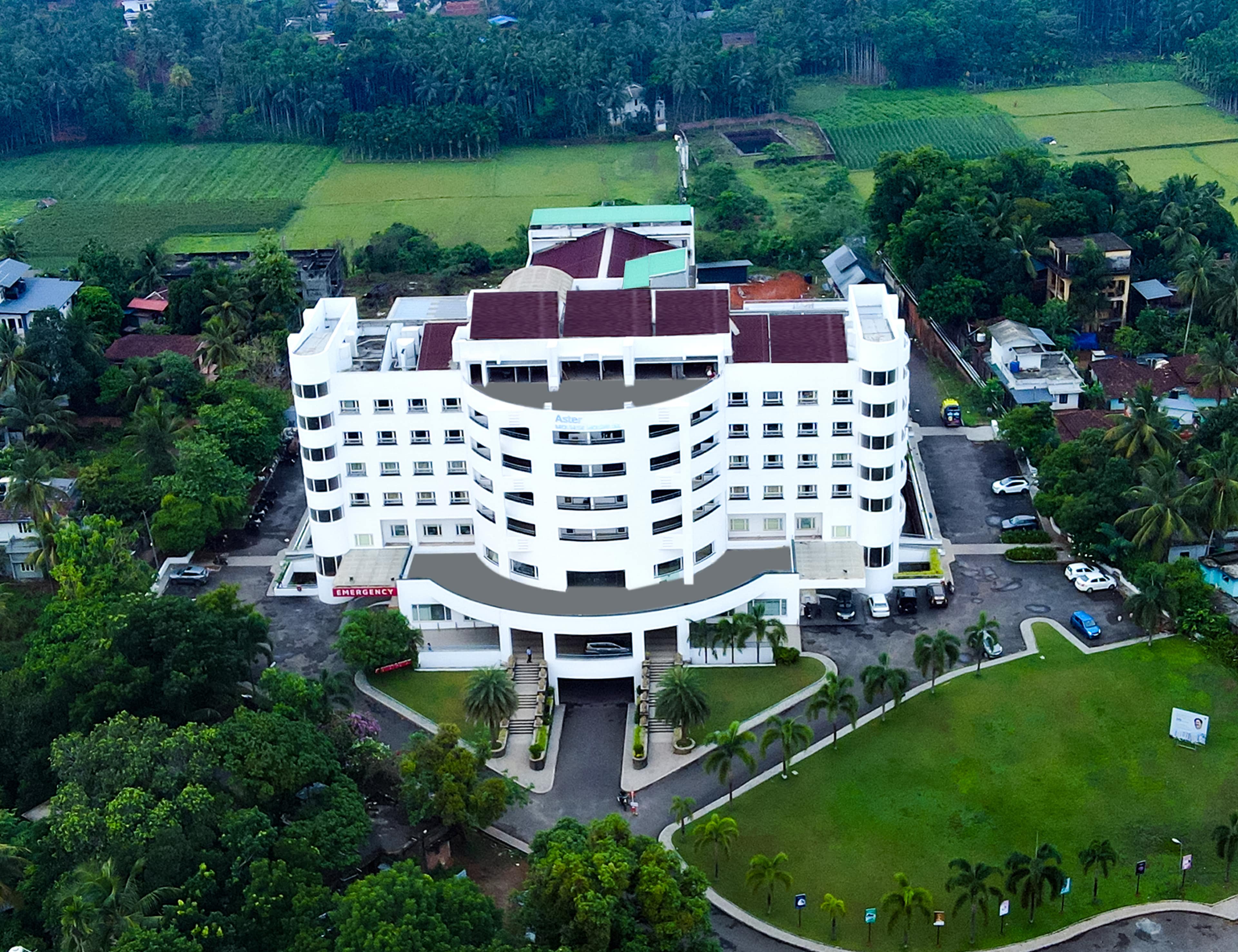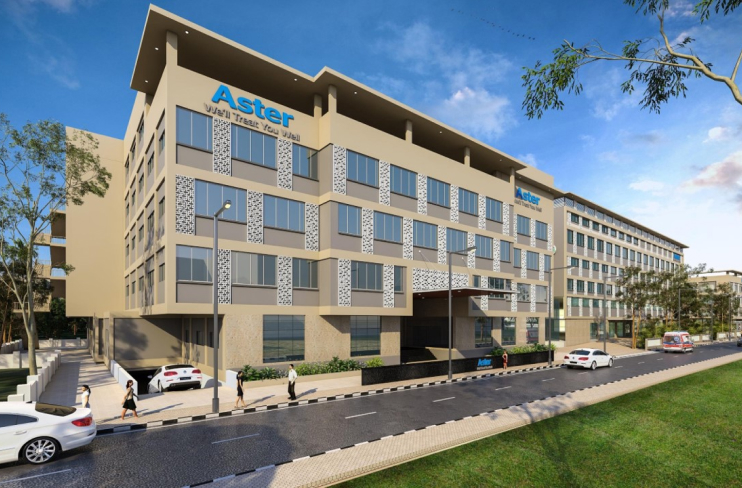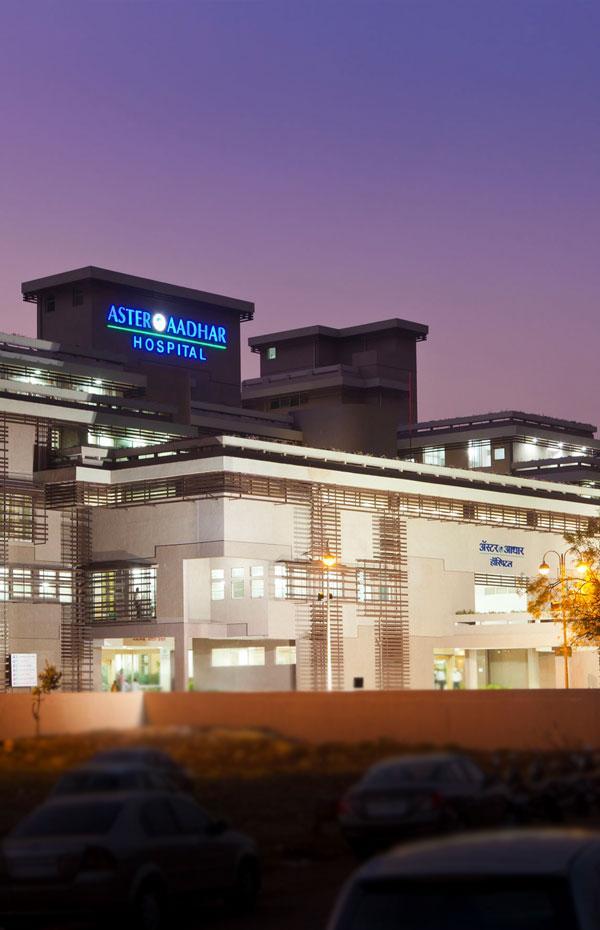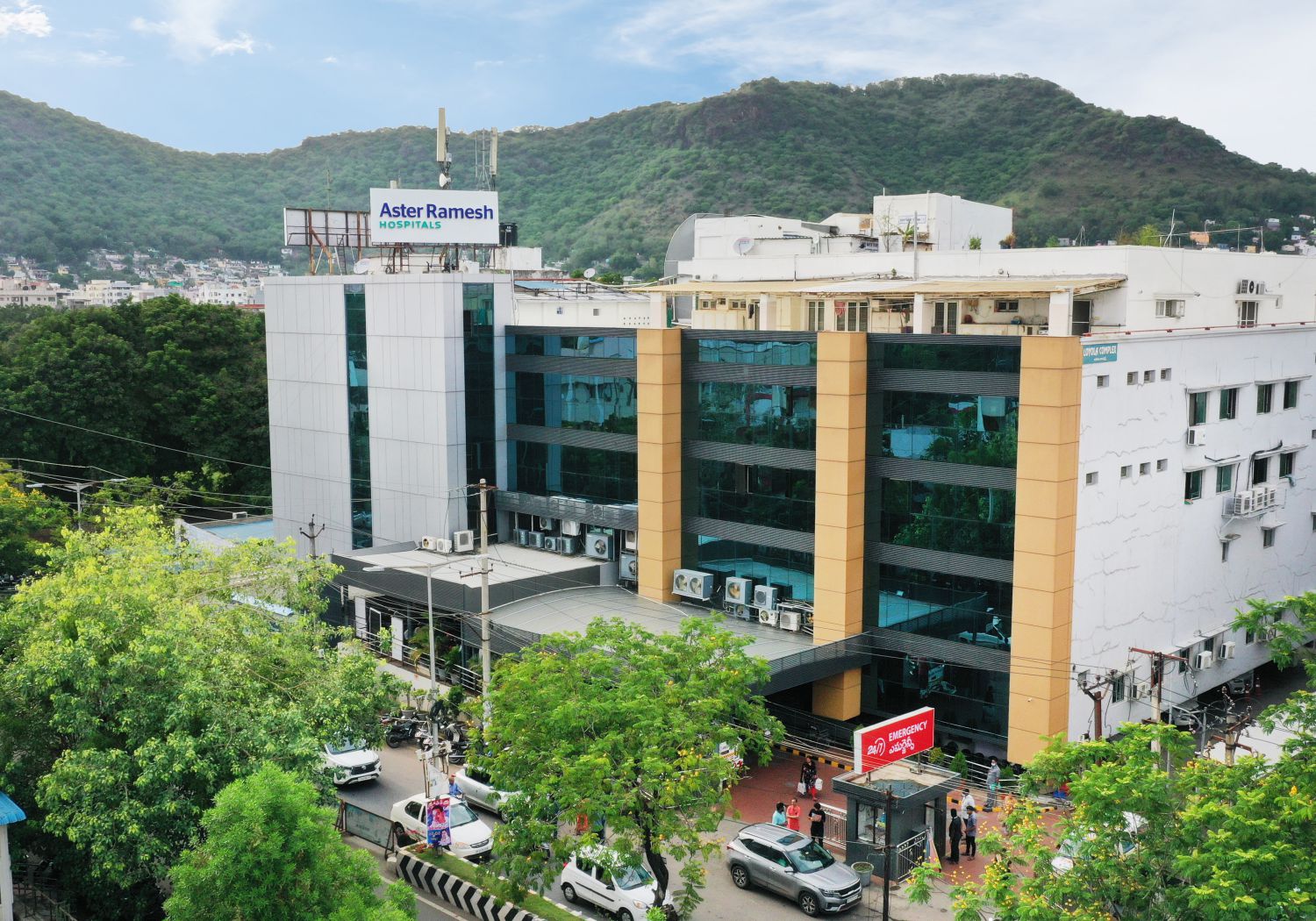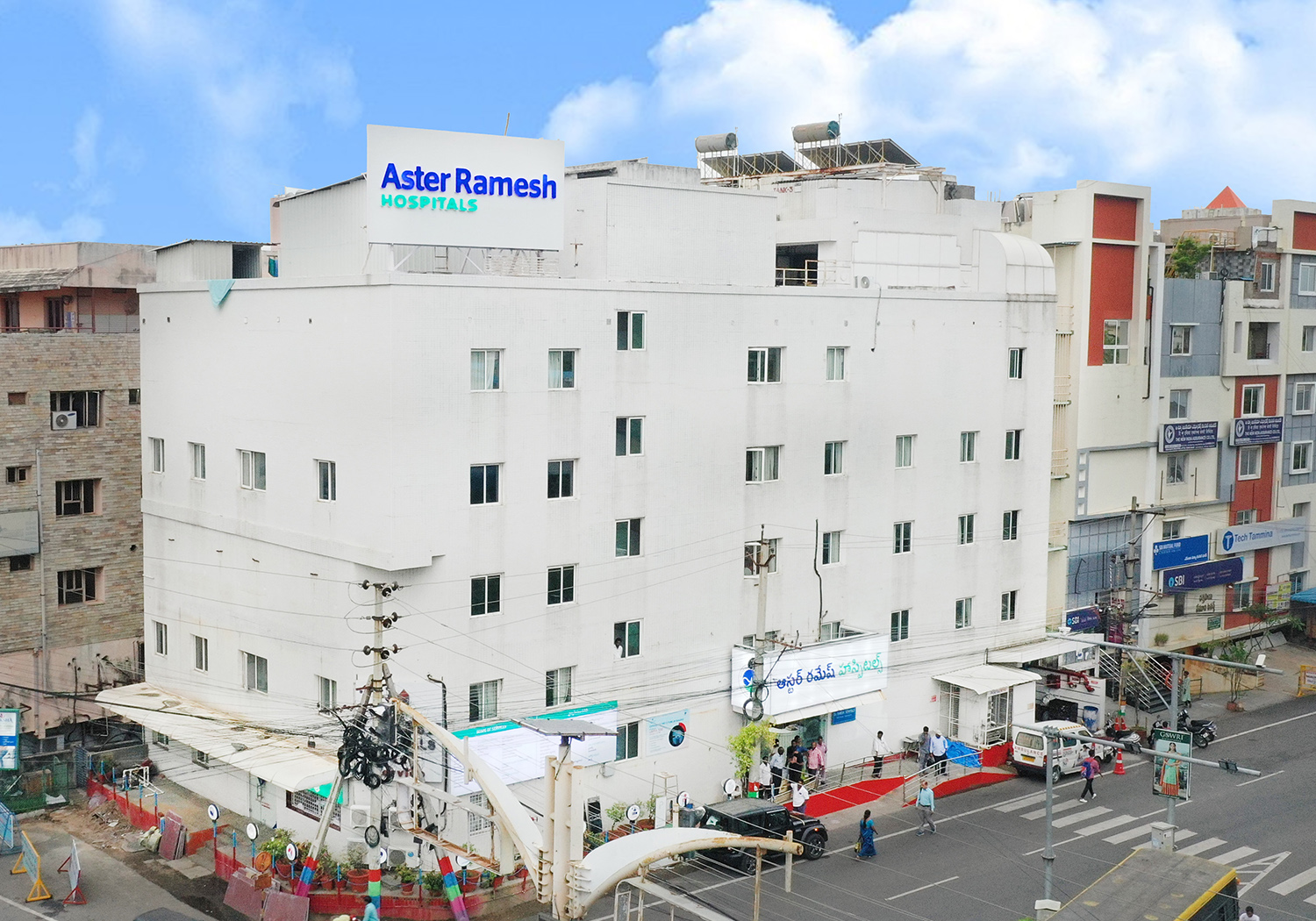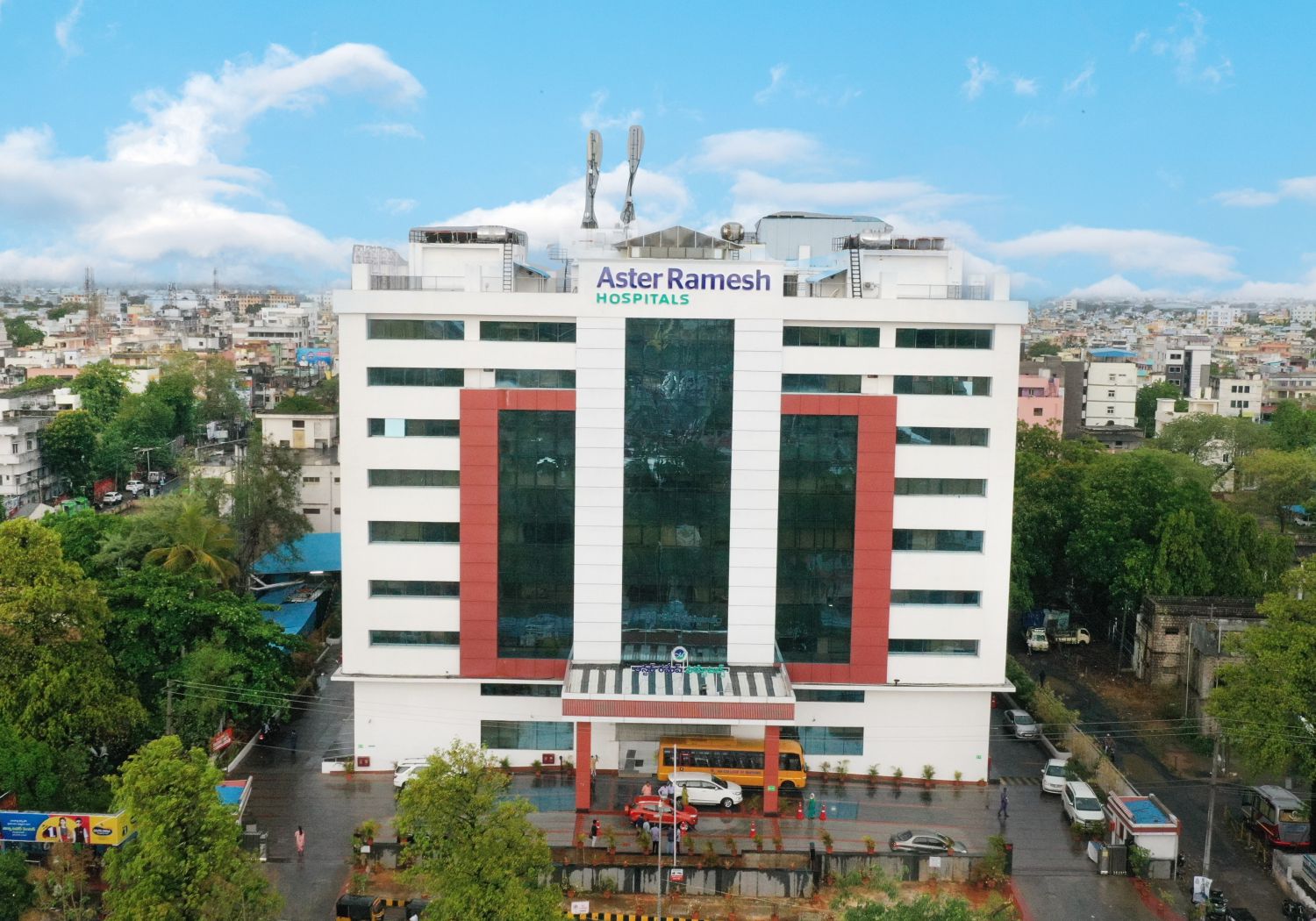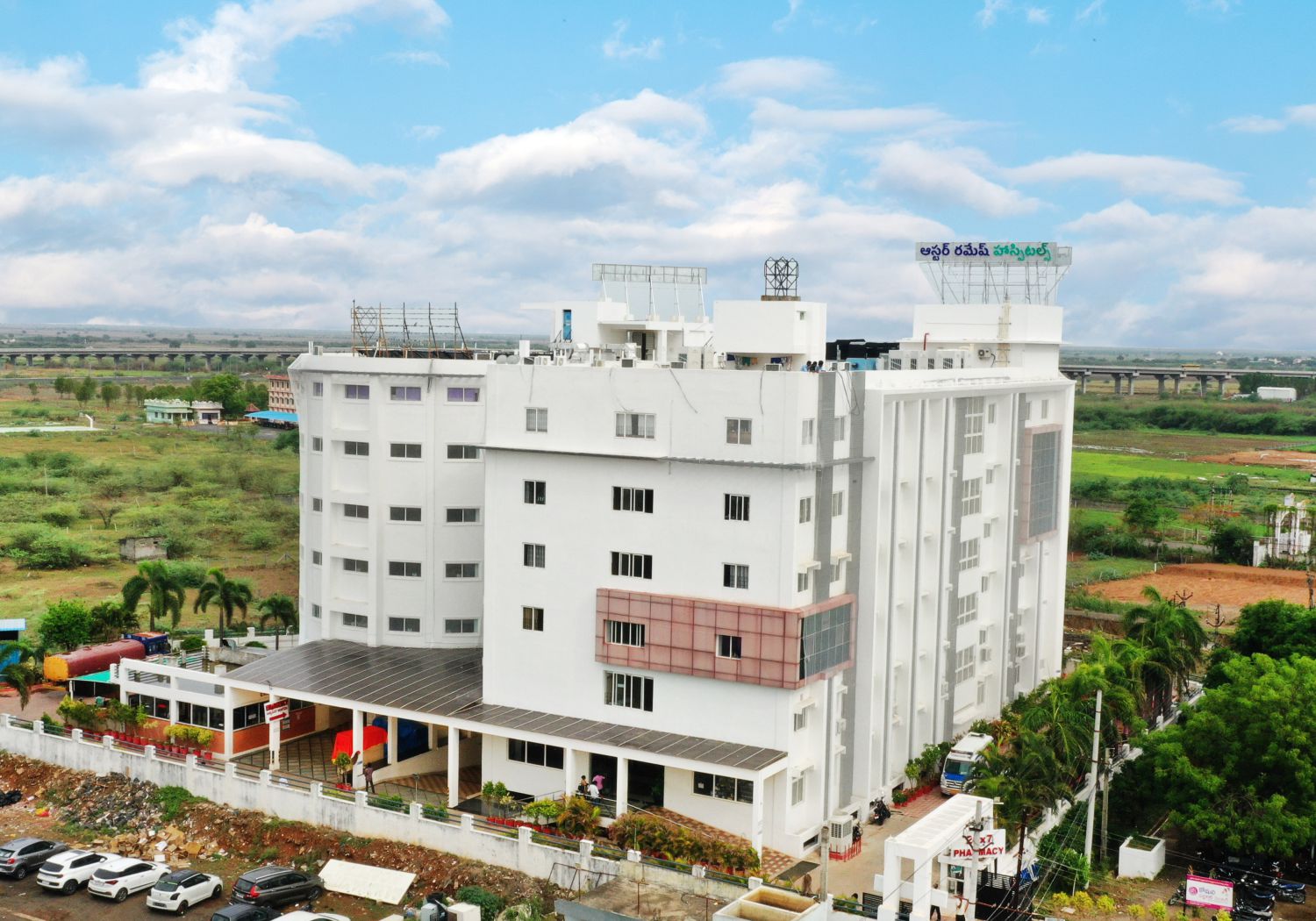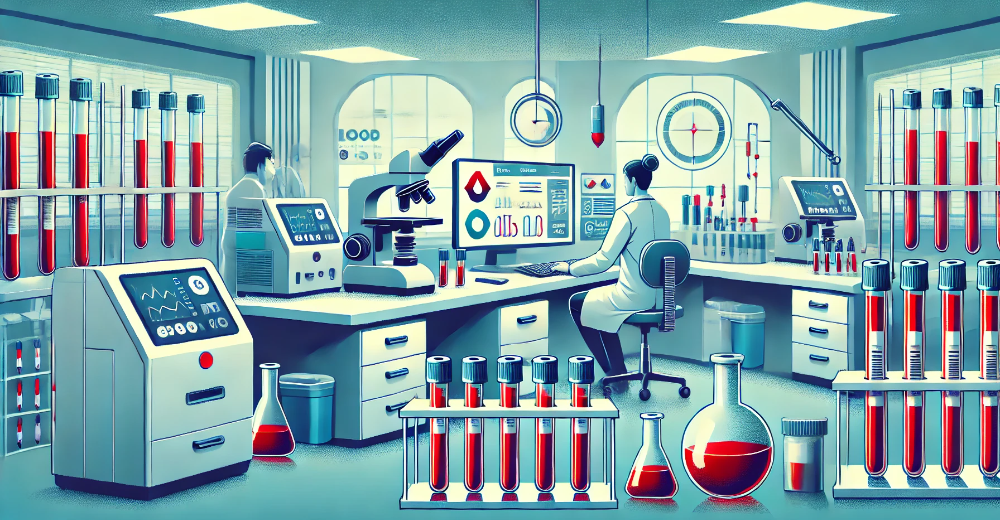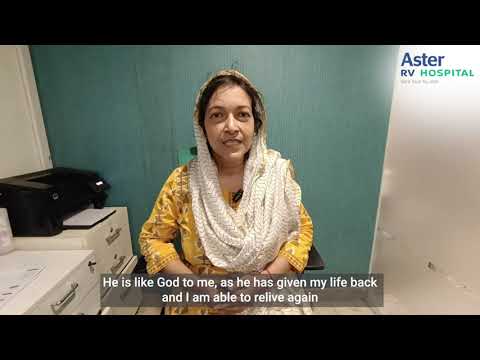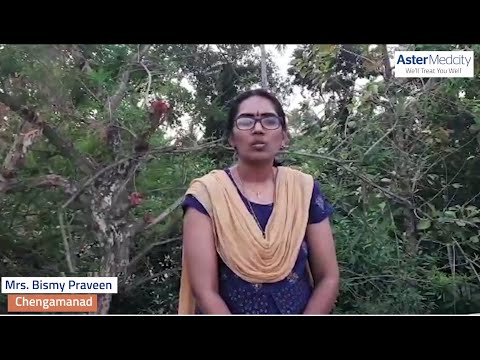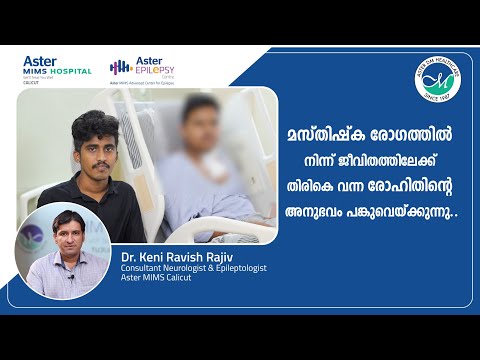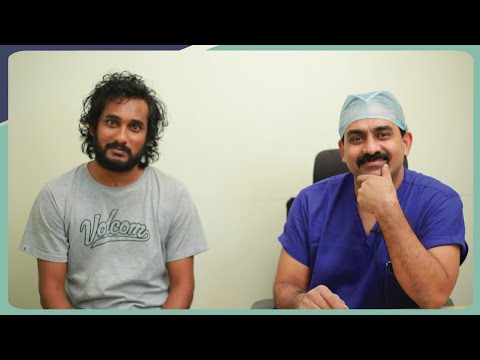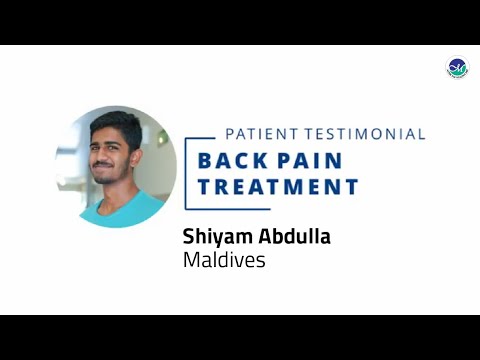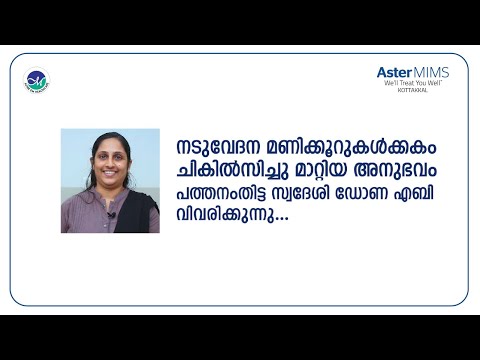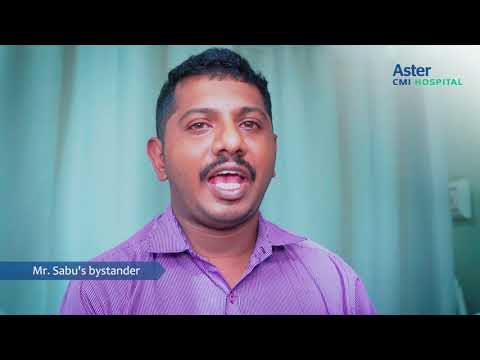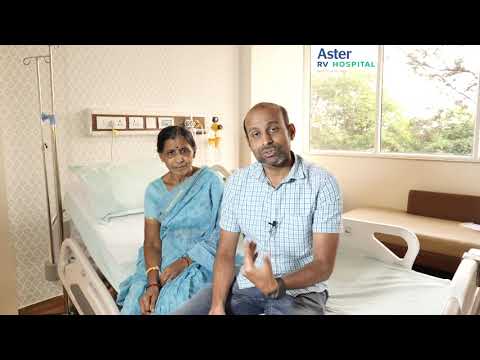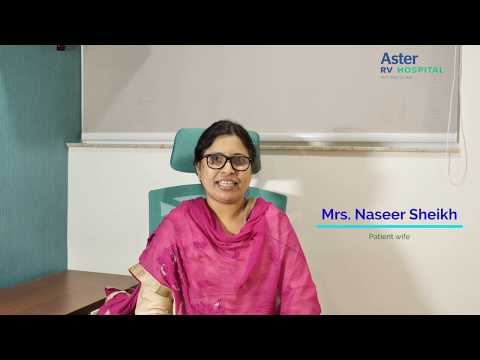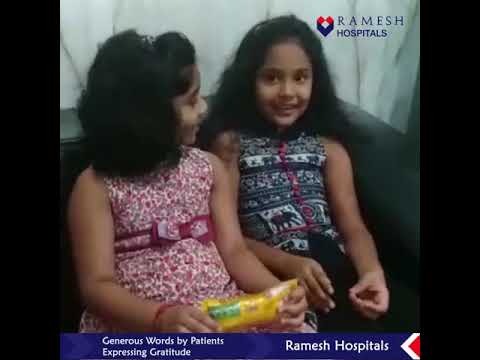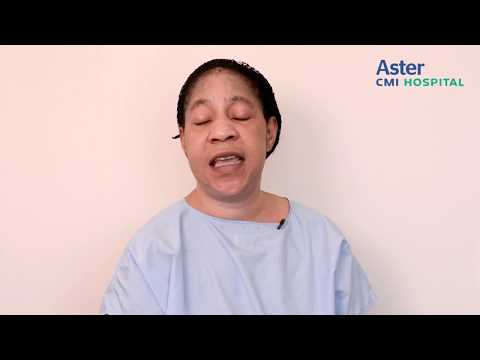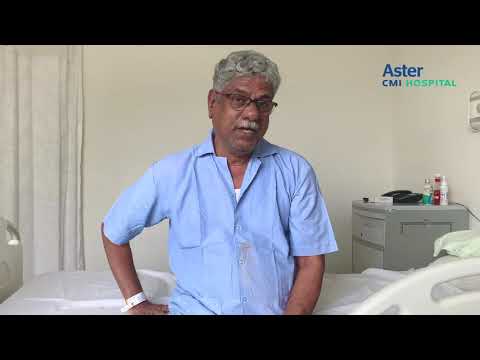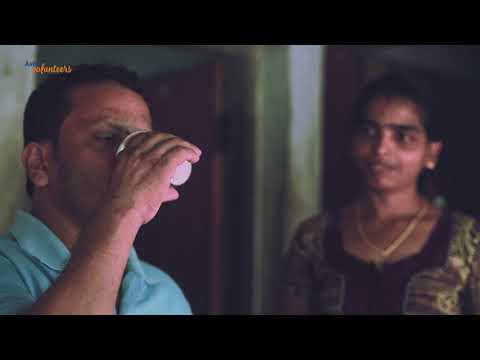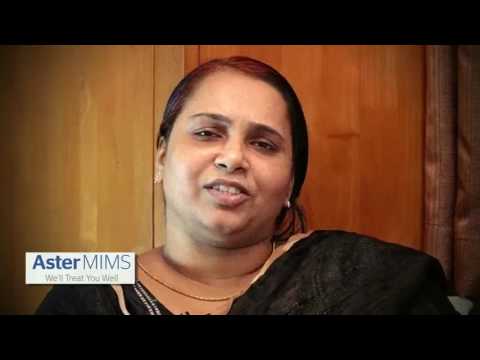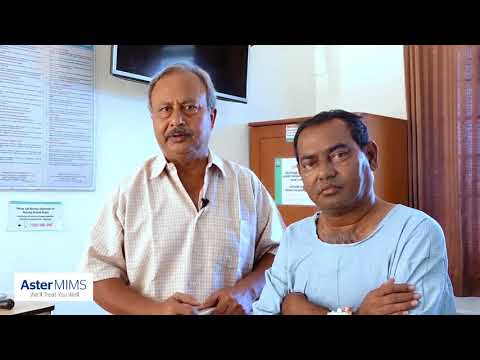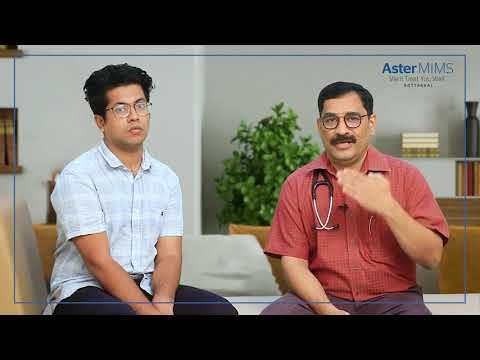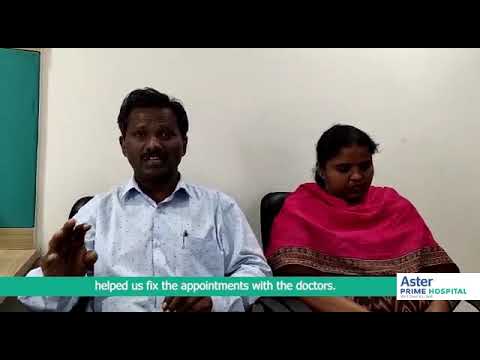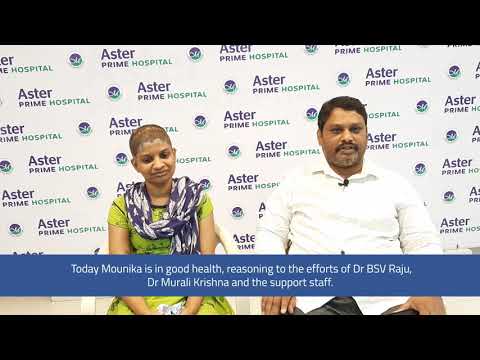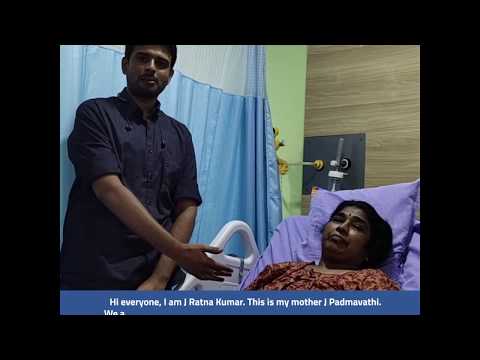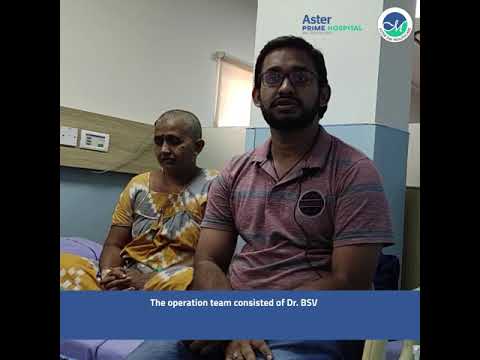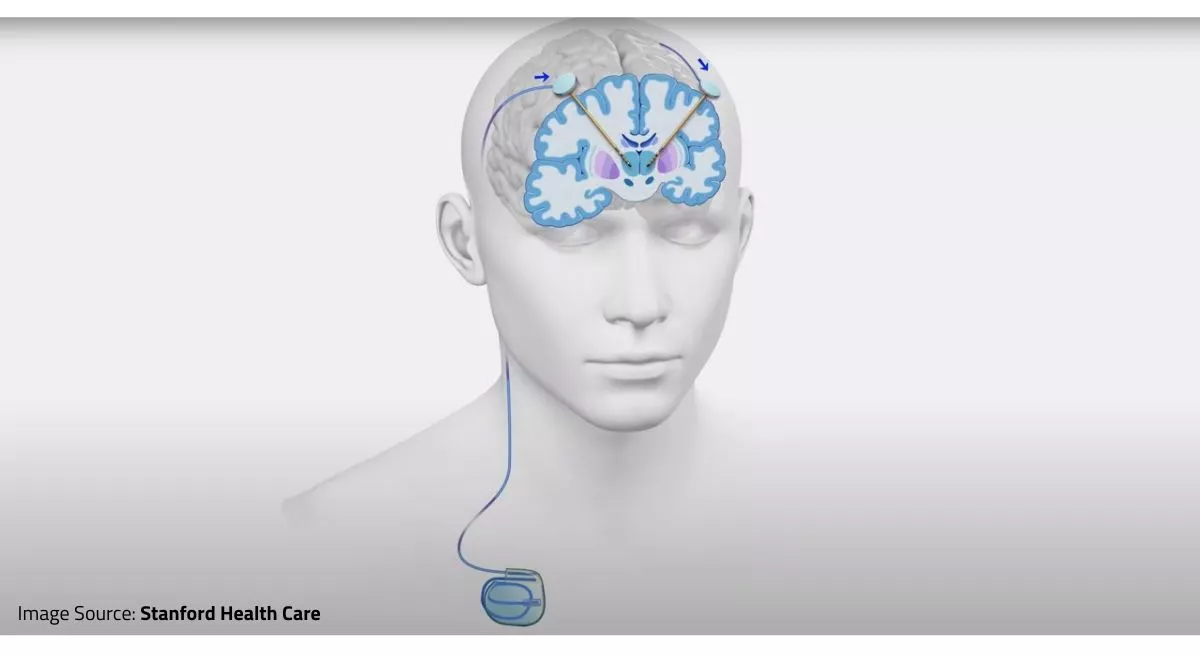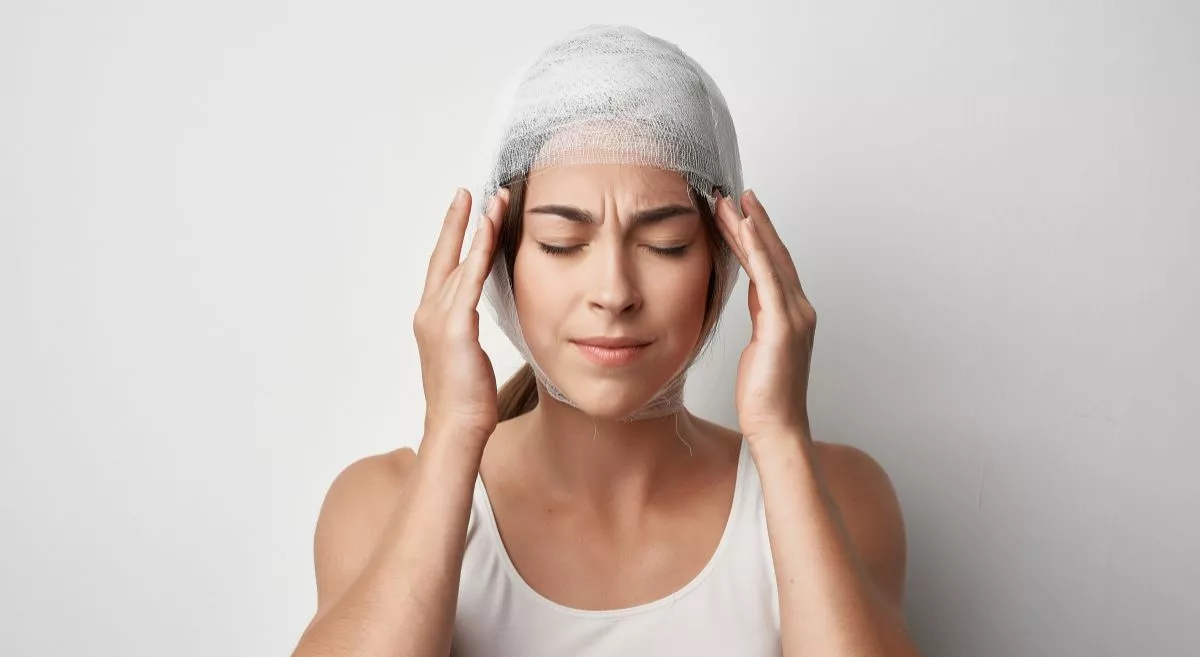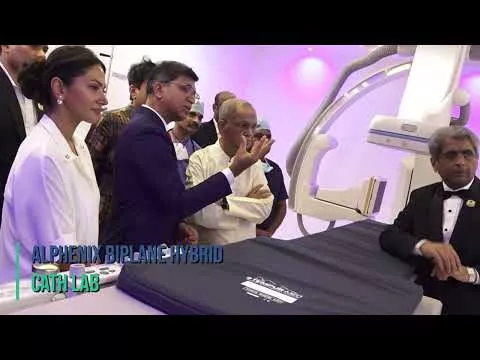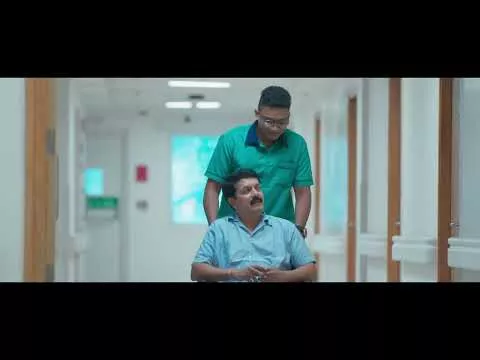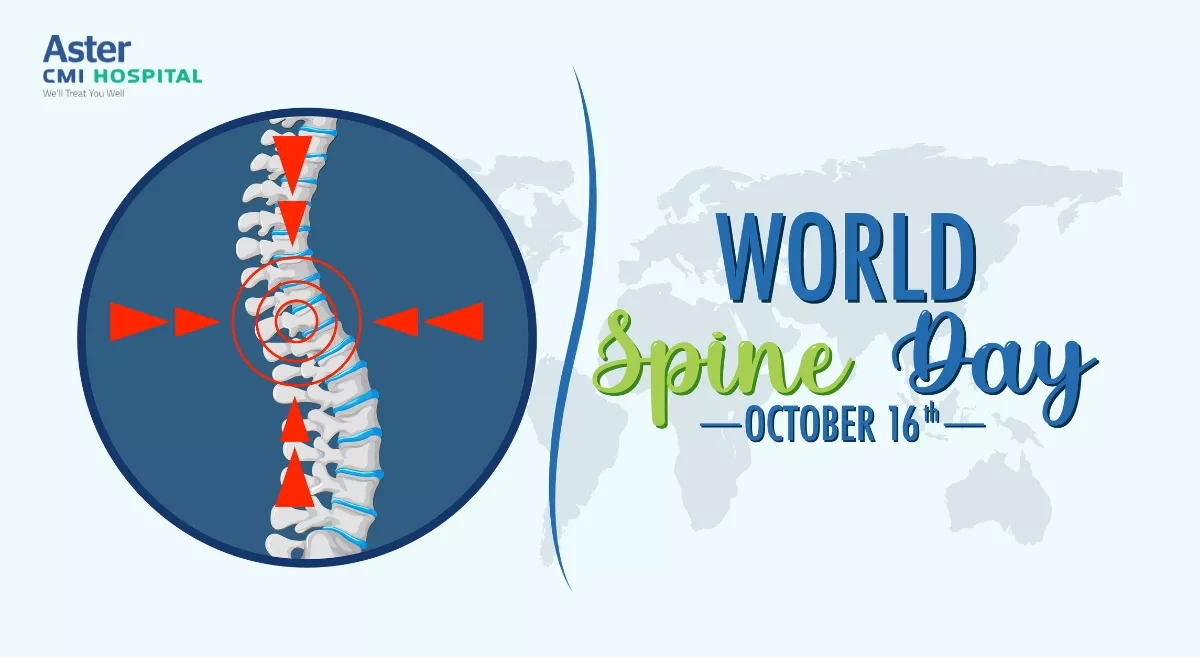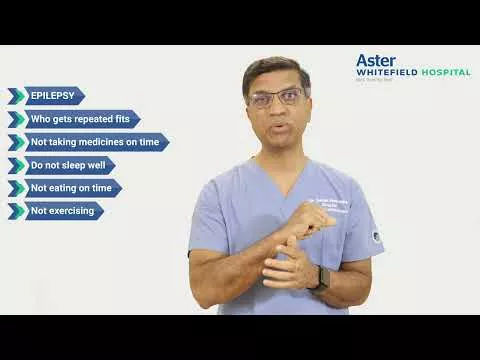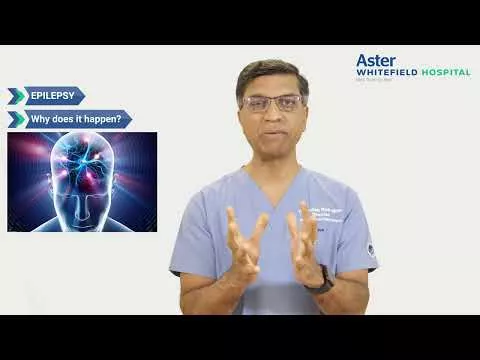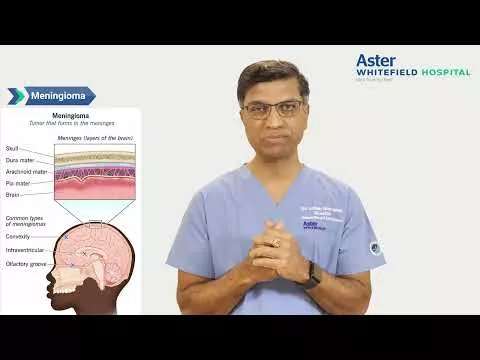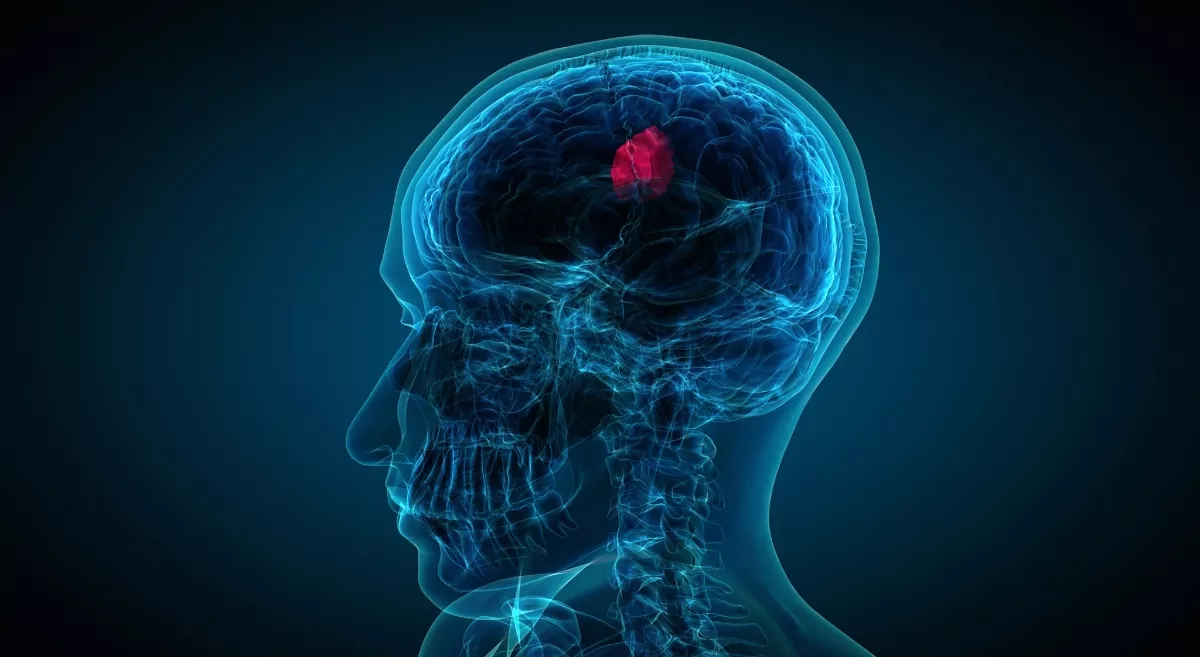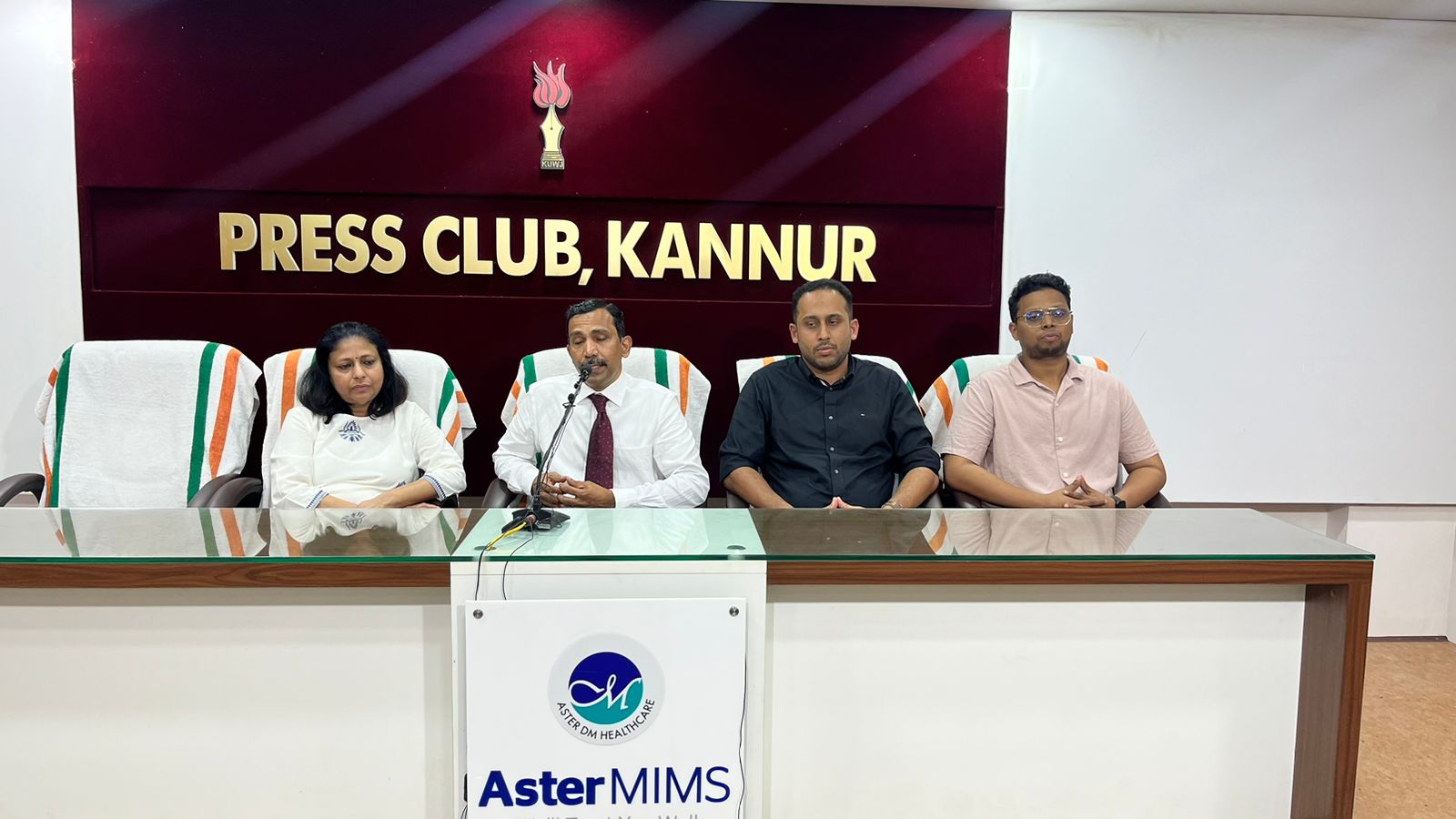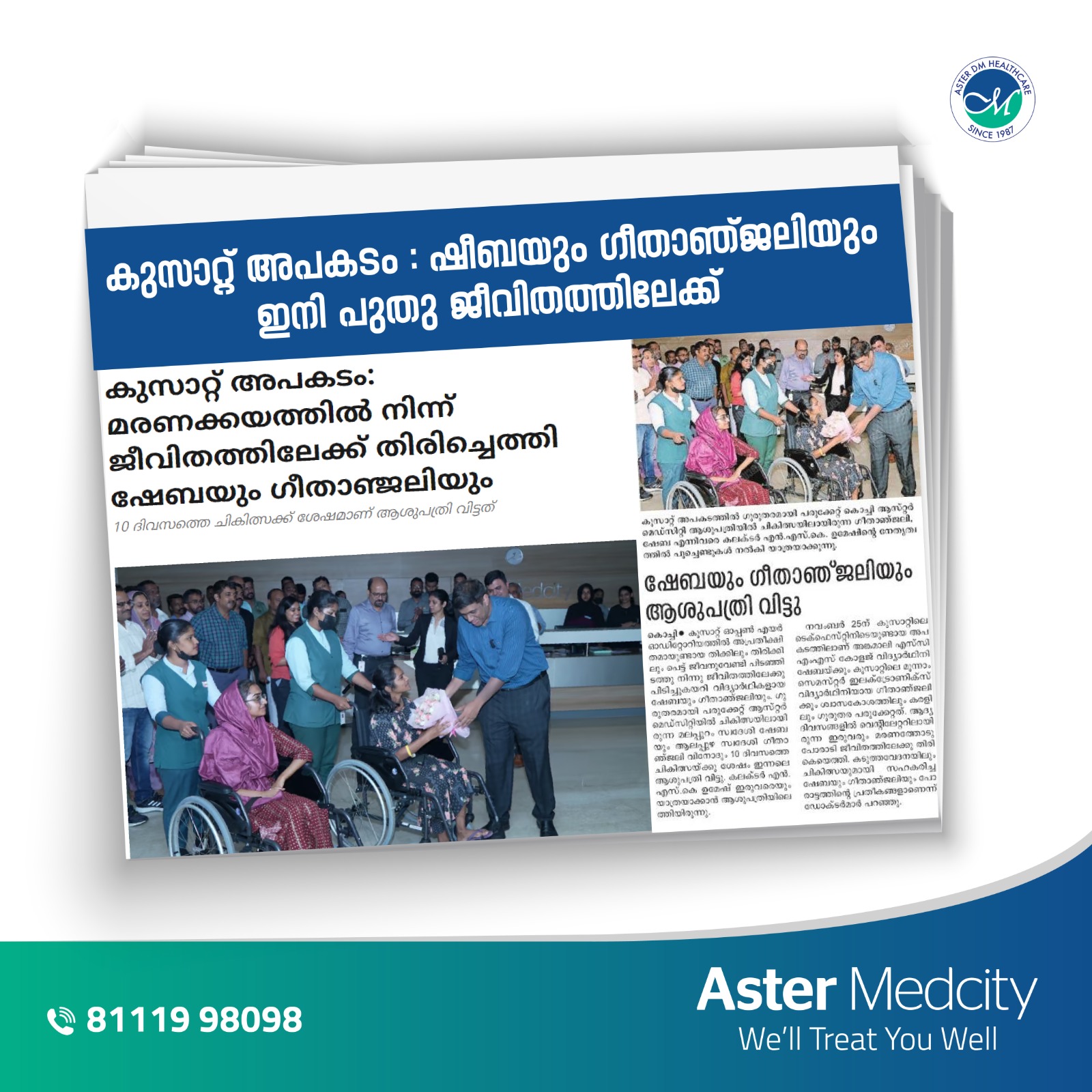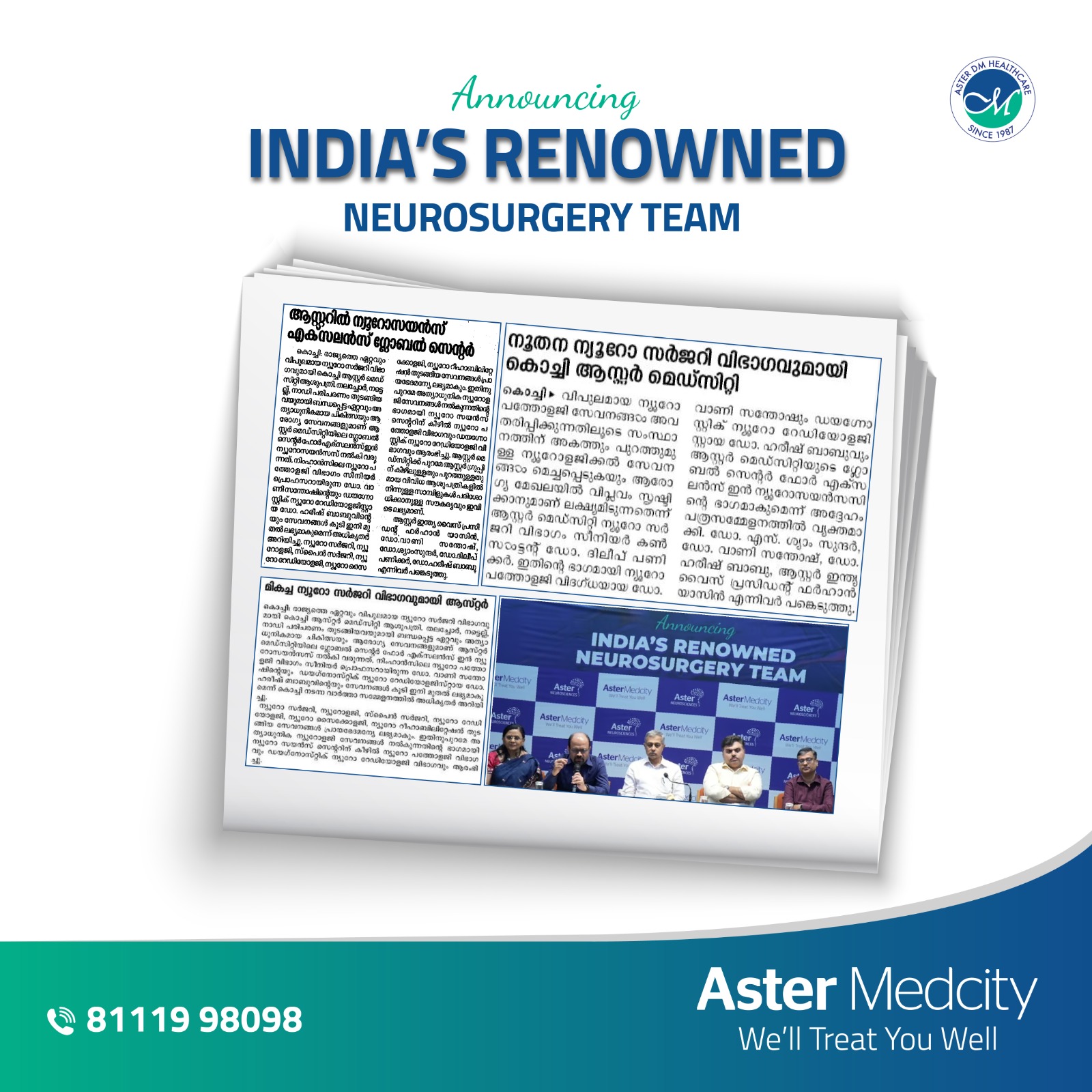The Neurosurgery & Spine department at Aster Hospital provides extensive treatment & care for all ailments related to the brain, spinal cord, and peripheral nervous system. Some of the neurological treatments offered are for stroke, brain tumors, and head injuries as well as spinal treatments for spinal tumors, disc herniation, cervical/ lumbar spondylosis, sciatica, and congenital spinal deformities. As an expertly skilled neuro-spine team, it consists of experienced neuro and spine surgeons who work in collaboration with specialty nurses, rehabilitation therapists and radiology technicians to provide customized and comprehensive treatment to all patients.
Our Doctors
We have some of the best specialists from around the world, they bring years of experience and offer evidence-based treatment to ensure the best care for you.
Advanced Technology & Facilities
Well equipped with the latest medical equipment, modern technology & infrastructure, Aster Hospital is one of the best hospitals in India.
Imaging tests:
- CT
- MRI
CT cisternography
Cerebral arteriogram
Neurosonography
Myelogram
Electromyography
Intracranial pressure monitoring
Outpatient (6 days in a week), Inpatient, follow-up clinic
24 hours emergency services
Neurocritical care
Comprehensive Neuro rehabilitation services
Cerebral angiography
Electroencephalogram (EEG)
Nerve conduction studies (NCS)
Electromyography (EMG)
Evoked potential (VDP, SSEP, BERA)
Nerve and muscle biopsies
Polysomnography
Video EEG monitoring
Routine 32 channel digital video EEG
Round-the-clock, long-term 128 channel video EEG monitoring
Functional MRI and WADA study to assess eloquent cortex regions.
3T MRI and an exclusive intraoperative MRI
PET (positron emission tomography)
SPECT (single-photon emission computerized tomography)
ECOG (ElectroCorticography)
Cortical Mapping
SSEP (Somatosensory Evoked Potential)
MEP (Motor Evoked Potential)
Different surgeries available:
Respective Surgery
Lesionectomy
Amygdalohippocampectomy
Corticectomy
Lobectomy (e.g. temporal lobectomy)
Multilobar resection
Disconnective/Palliative Surgery:
Hemispherectomy
Corpus Callosotomy
Multiple Subpial Transections
Conditions treated:
Mesial temporal sclerosis
Focal cortical dysplasia
Lesions like ganglioglioma, DNET
Hemimegalencephaly
Rasmussen’s Encephalitis
This comprehensive rehabilitation regimen can help the patient to maximise and regain normal muscle movement and function after a stroke or for neurological conditions such as:
Parkinson’s disease
Multiple sclerosis
Spinal cord injury
Head injury
Balance dysfunction
Bell’s palsy
Brain perfusion imaging
Ictal SPECT imaging
Technetium TRODAT imaging
I - 131 MIBG therapy for malignant neuroendocrine tumours
Neuropsychology is the systematic evaluation of higher cognitive abilities including intelligence, memory, academic skills, cognitive and language, attention span, sensory motor, problem solving abilities, executive abilities, visual motor skills and personality/emotional functioning. The Neuropsychology Clinic at the Aster Centre of Excellence in Neurosciences offers:
Cognitive evaluation/ rehabilitation/ remediation in patients with neurological conditions like epilepsy, stroke, Alzheimer’s disease, Parkinson’s disease and tumours
Study of functional aspect of brain through pre & post-operative evaluation
Study of decline of cognitive skills in the elderly
Evaluation of changes in thinking/ behavior pattern with people with serious illnesses
Evaluation/ management of behavioural problems
Counselling/ management of depression and anxiety
Counselling and management of depression and anxiety
Family counselling
Immunohistochemistry
Molecular diagnosis and genetic mutation analysis
Physical therapy
Occupational therapy and rehabilitation for patients with neurological/ physical disabilities
Speech therapy for patients with language disabilities
Flat panel bi-plane vascular hybrid cathlab
Fourth generation Time of Flight 16 Slide PET CT
True Beam Linear Accelerator for high-precision radiotherapy
Low radiation CLARITY cath lab
256 slice Philips iCT scanner
3 Tesla Wide Bore Digital MRI
GE SPECT-CT OPTIMA NM 640 Gamma Camera EPIQ
Image fusion for guided biopsies
OR 1 Karlstroz fusion integrated, Green OT certified Operation Theatres with autopilot anaesthesia
Stealth Station Navigation
C- Arm for surgical imaging
Dedicated ICCA (IntelliSpace Critical Care and Anaesthesia) Neuro ICUs
Level 3 Paediatric ICU
ORI Fusion Digital Integrated Operation Theatres With 22 Operating Rooms that are on par with some of the largest in the world, Aster Medcity, for the first time South India, introduces ORI Fusion Digital Integrated Operation Theatres using Karlstorz OR1 Fusion - Asia Pacific’s first complete digital integration system.
The integration enables real-time sharing of images, videos and medical reports, which not only facilitates virtual participation from any location in the world, but also helps the rest of the surgical team to monitor the patient closely during the operative procedure, much to the benefit and safety of the patient undergoing the surgery.
Aster Medcity is also the first surgical facility in the state to offer Robotic Surgery using high-precision da Vinci Surgery Robot.
Aster Hospitals are well equipped to run all kinds of neurological diagnostic tests. Our top-of-the-line medical equipment and highly experienced doctors and surgeons strive to their maximum capacity to properly diagnose and offer treatments that help heal patients, prolong life, and improve the patient's quality of life.
Some of the neurology diagnostic tests with us are:
Physical examination
Different kinds of tests conducted by the neurologist to check for overall coordination between the limbs and their movements, the reflexes, and the cognitive health and function.
Computed Tomography (CT) Scans
This is the first investigative step in forming a neurological diagnosis. A computer-assisted X-ray imaging is done to detect deformities, infections, or lesions anywhere in the brain or the spinal cord.
Magnetic Resonance Imaging (MRI)
MRI (magnetic resonance imaging) uses magnetic fields to develop 2-D and 3-D nervous system images.
Spinal tap or lumbar puncture
This is an outpatient procedure in which lumbar anesthesia is given to take a sample of the cerebral spinal fluid (CSF) around the brain and spinal cord. Many degenerative disorders and neurological diseases like traumatic brain injury, Alzheimer’s etc., show abnormalities in the CSF.
Tensilon test
This medical procedure helps your neurologist to diagnose neuromuscular diseases, such as myasthenia gravis. Your neuro physician will inject you with Tensilon for this test and observe how it influences your muscle movements.
Electromyography (EMG)
Electromyography or EMG is a secondary diagnostic test to help check for the electrical activity between the central nervous system (brain, meninges, and spinal cord) and the peripheral nervous system (nerves in the limbs). Your neurologist will attach small electrodes connected by wires to different parts of your body and over areas of the brain and spinal cord. The difference in the results of the test helps the doctor to determine neuromuscular functions.
NCV
Sometimes, an additional test is done with an EMG, known as a nerve conduction velocity (NCV) test. This test is done to check for the speed at which the nervous tissue sends impulses to the peripheral nerves. For this, similar types of electrodes rae used, which are placed at the same positions as in EMG, and another meter checks for the readings. This test might cause discomfort to sensitive patients; therefore, counseling is advised beforehand.
Electroencephalogram (EEG)
An EEG helps to measure electrical activity in the brain. It is also used to help diagnose brain disorders, including tumors, inflammation, injuries, seizures, and psychiatric disorders.
The test doesn't usually cause discomfort and is sometimes carried out while the patient is asleep. Small cups like electrodes are placed all over the scalp, and changes in the brain signals are measured. Your doctor might also adjust the surroundings to measure random brain signals, such as the effect of lighting or noises.
An EEG usually takes about an hour but does not require hospitalization. Like an EMG, you will need to avoid stimulants for 24 hours before the start of the test.
Preparation before an NCV/ EEG
Avoid taking any stimulus, caffeine, or drugs that can alter the nerve responses. Your physician may advise you to avoid taking non-steroidal anti-inflammatory medications or blood thinners before doing an EMG or NCV test. These tests are usually done together and may take around 1 to 1.5 hours. It is an outpatient procedure, though lengthy & the patient can return home as soon as it is done.
Other tests
● PET scan
Positron emission tomography and PET scan with Tauvid dye
This scan uses radiation to give detailed images of the central nervous system in 2-D and 3-D. A pet scan can detect tumors, infections, and blood vessel defects.
● NIRS
Near-infrared spectroscopy or NIRS is the latest type of brain imaging test that helps measure light absorbance to calculate oxy-hemoglobin and deoxy-hemoglobin levels, which indirectly provides a measure of the oxygenation of the brain.
● Brain angiography
A brain angiography uses a dye introduced into the arteries to mark the outline of all blood vessels around and inside the brain tissue. This helps to look for blockages, obstructions, and aneurysms.
· Sleep Study (Polysomnography)
Neurological Specialities Available at Aster Hospitals
Aster Hospitals is equipped with the following specialties:
- Neurocritical care
- Neuro-oncology
- Pediatric neurology
- Geriatric neurology
- Neurocritical rehabilitation
- Neuromuscular medicine
- Autonomic disorder
- Stroke care
- Epilepsy center
- Interventional neurology
Patient Stories
Our patients are our best advocates, hear the inspiring stories of their treatment journey
Blogs
The source of trustworthy health and medical information. Through this section, we provide research-based health information, and all that is happening in Aster Hospital.
News & Events
Stay updated with the latest happenings at Aster Hospitals. Explore our News and Events section for insightful articles, health tips, upcoming events, and noteworthy achievements.
